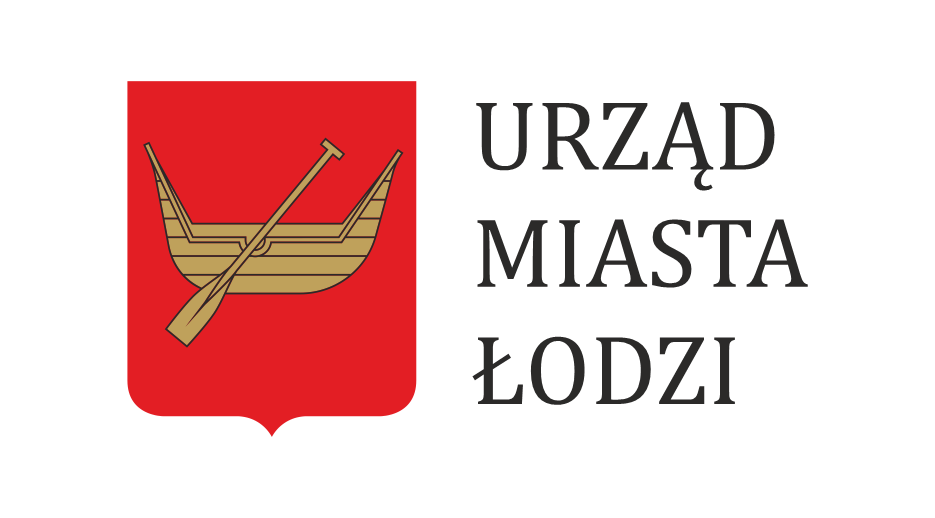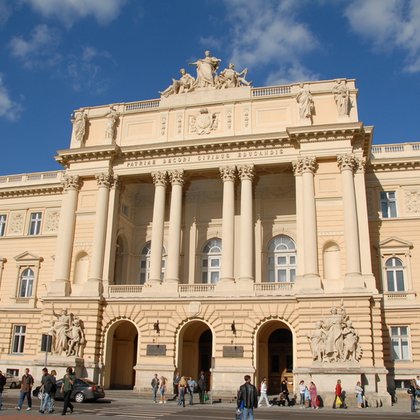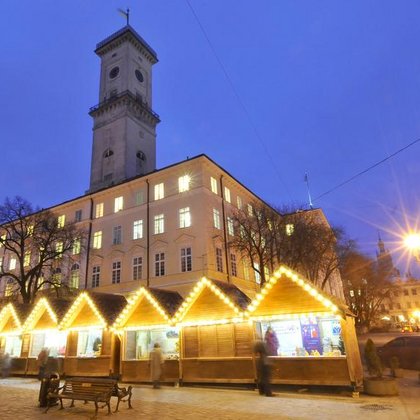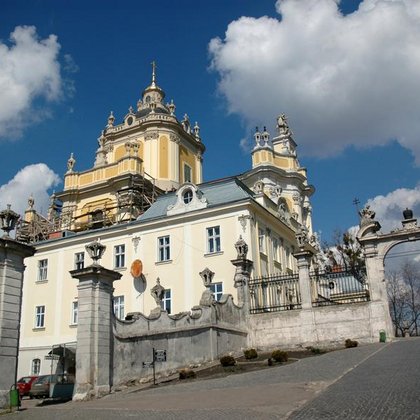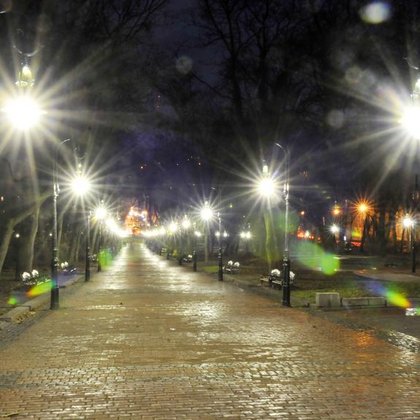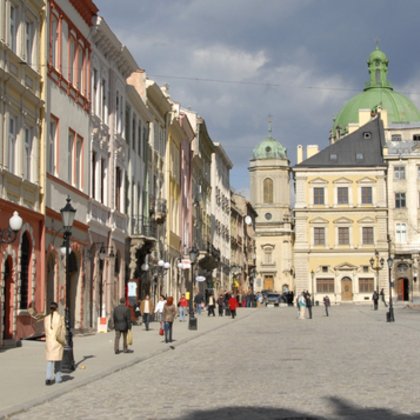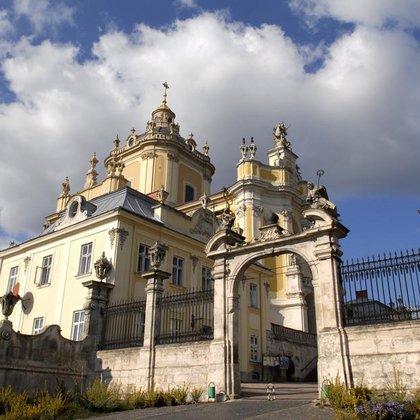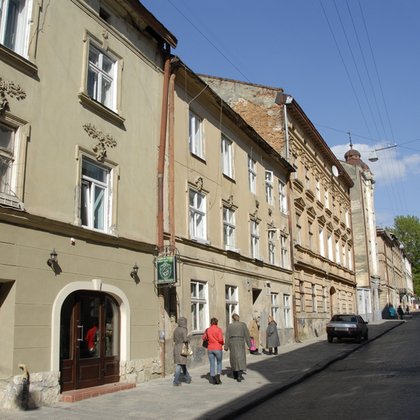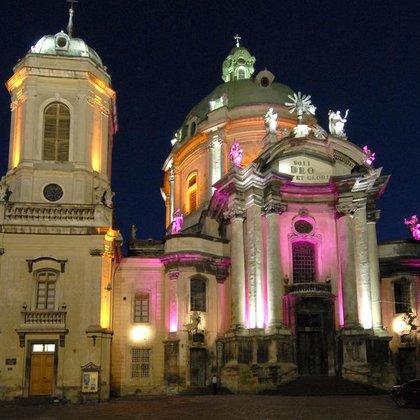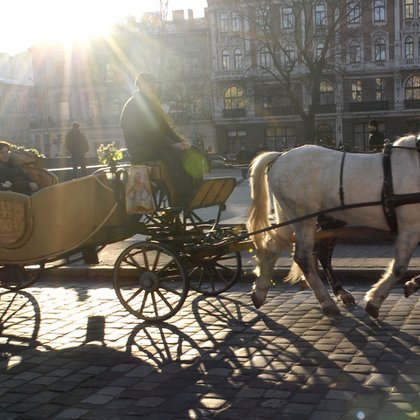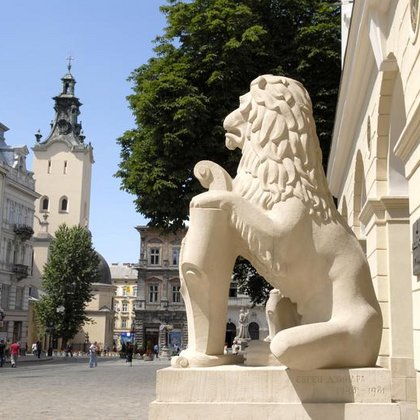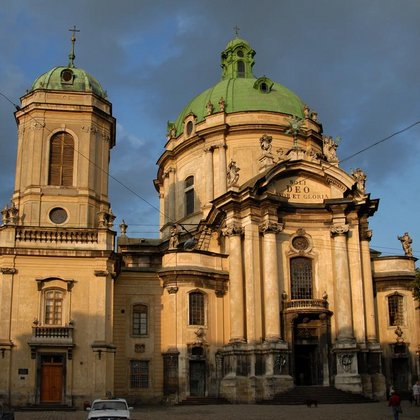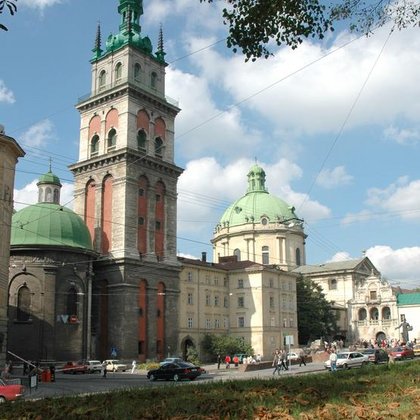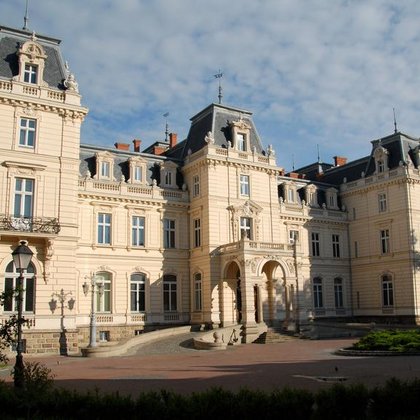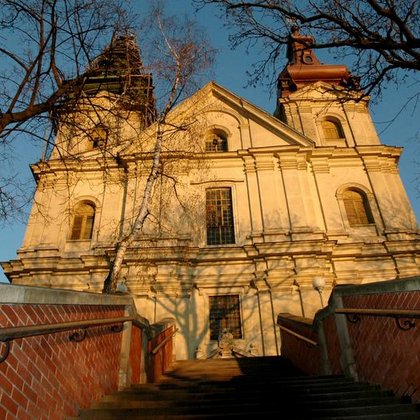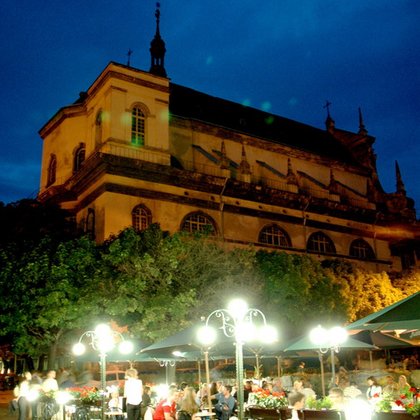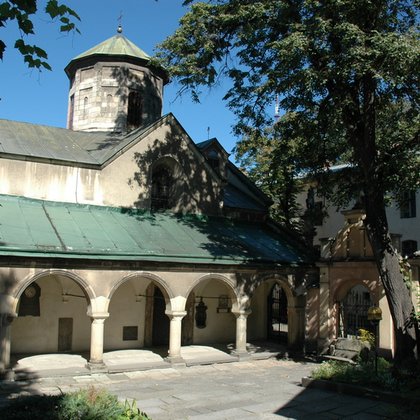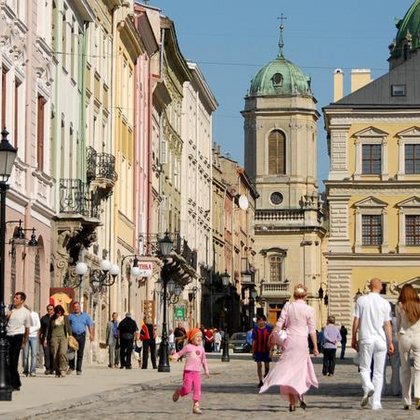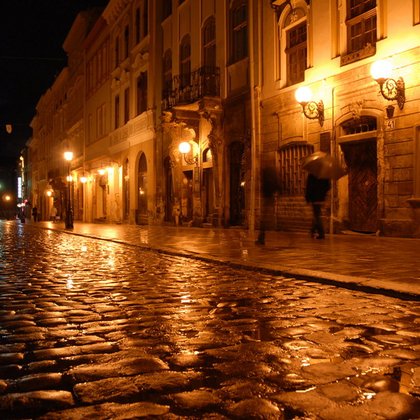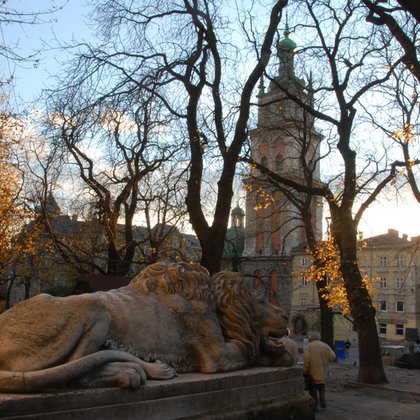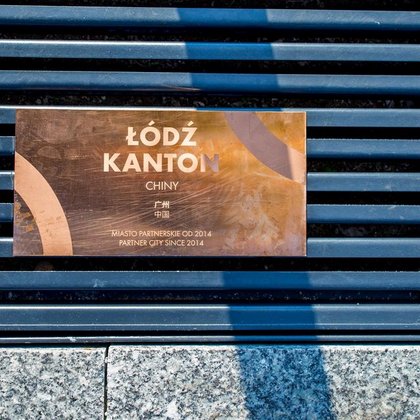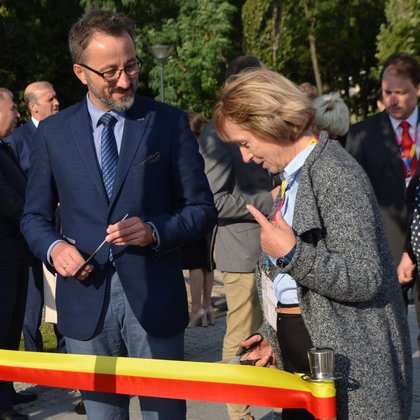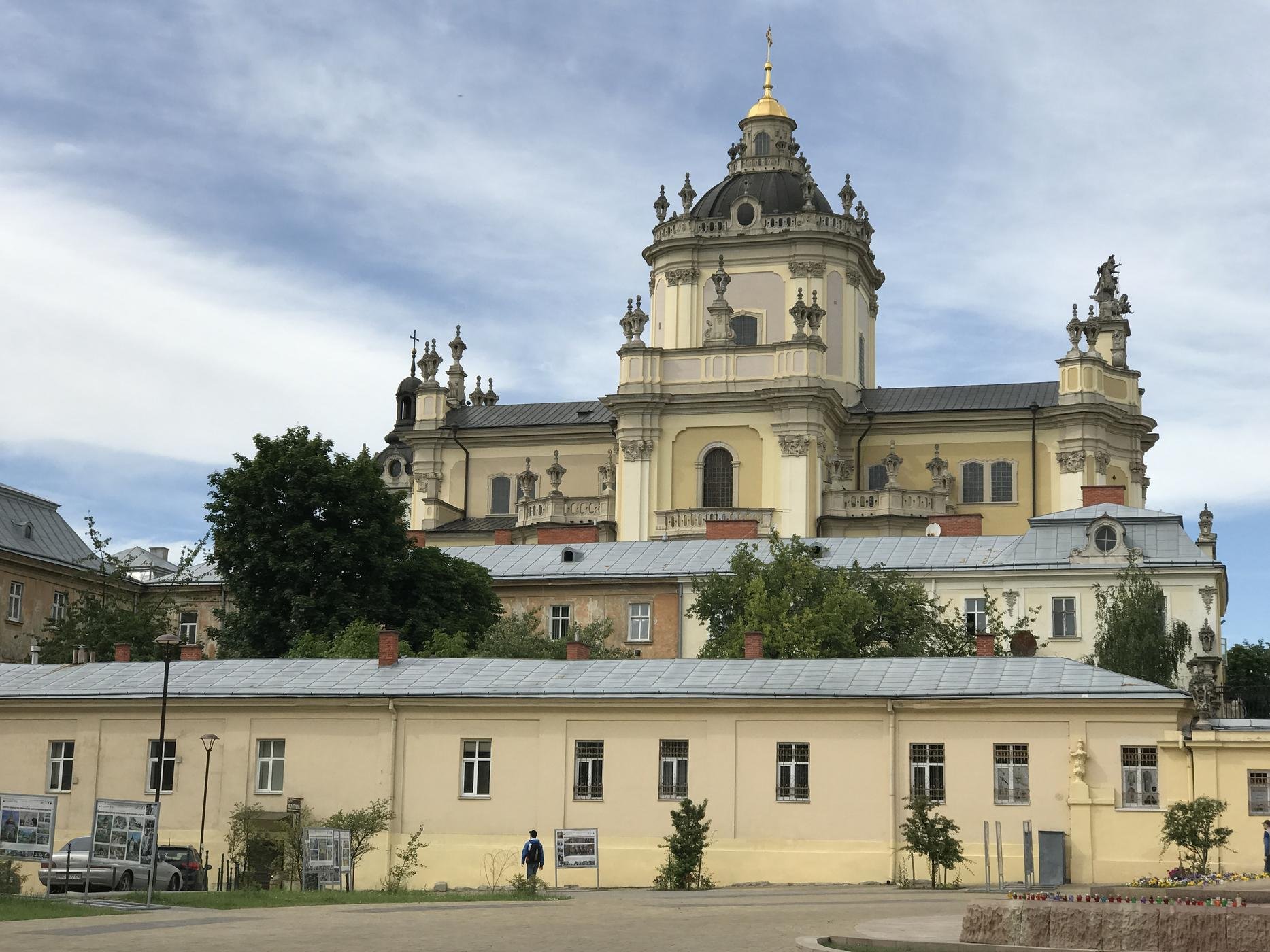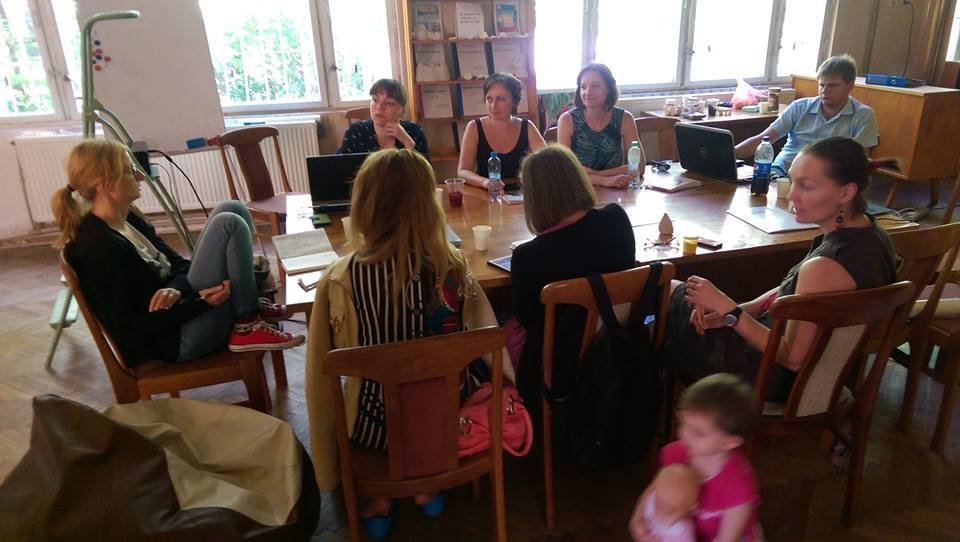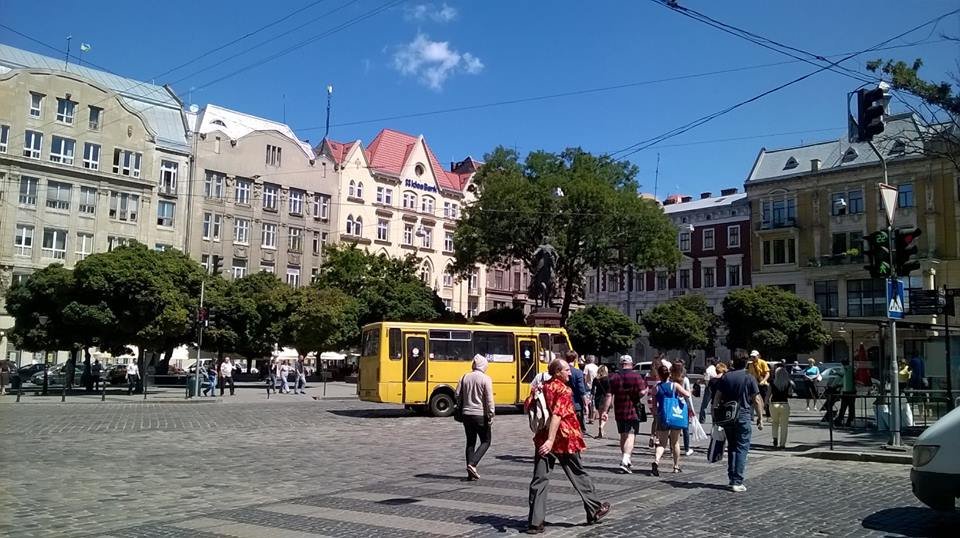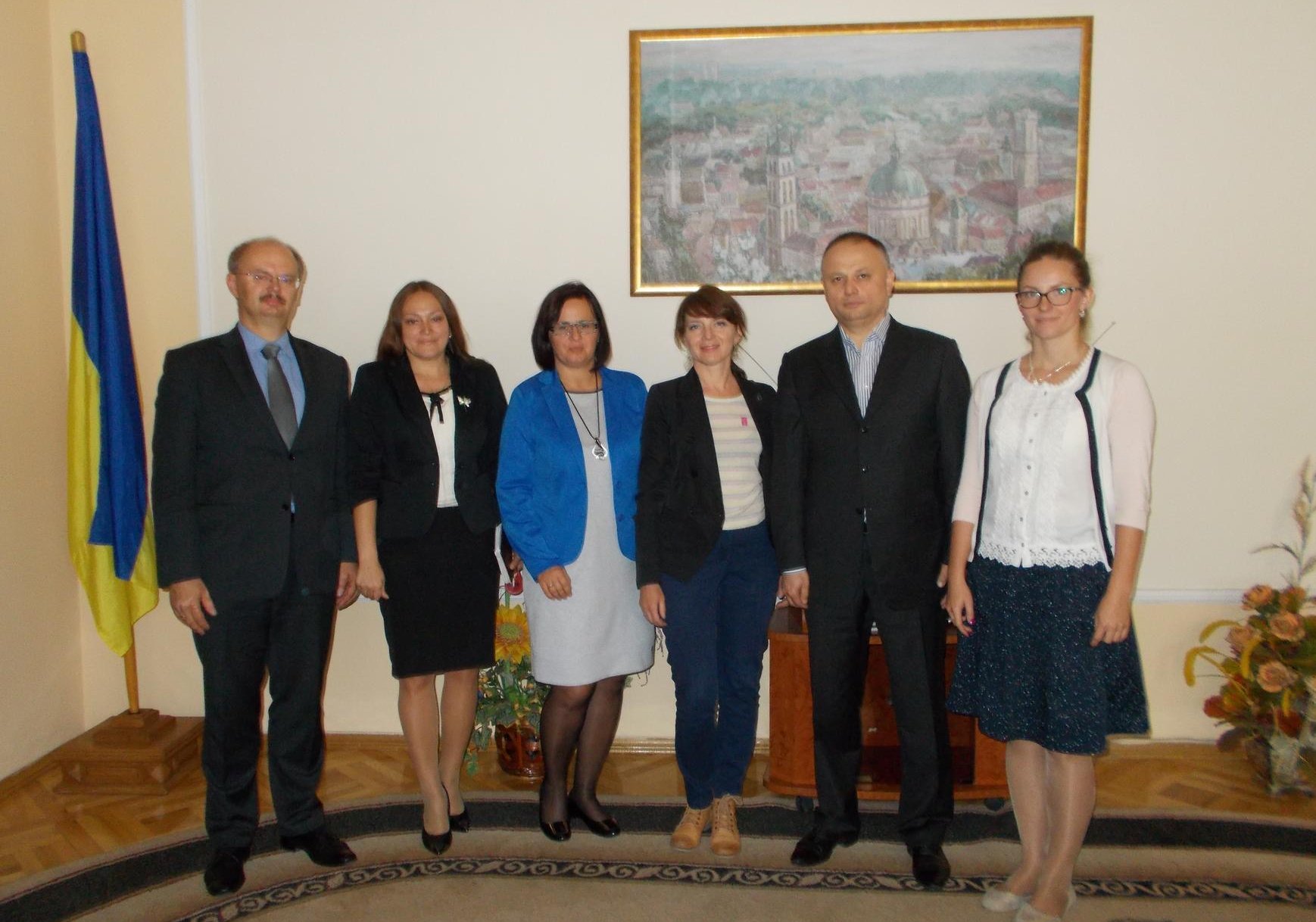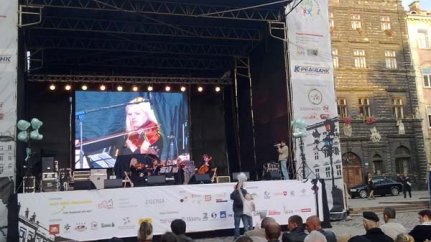The city has multicultural history. The first mention of the areas where Lviv was founded was found in the oldest chronicle of the Russian chronicler Nestor in 981. In 1256 Prince Daniel I Halicki of the Rurykowitcz dynasty founded a defensive stronghold, which he called Lviv, in honor of his son Leo. In 1339, after the childless death of the last ruler Boleslaw Trojdenowicz of the Mazovian Piast dynasty, Lviv was inherited by his uncle Casimir III the Great. In 1356, Lviv was located under Magdeburg Law and in 1658 it received nobility rights. For centuries the city was inhabited by the Polish, Jewish community and in smaller numbers by the Ukrainian and German. Due to the favorable geographical location - a place connecting trade routes from the Black Sea, Kiev, eastern and western Europe, Byzantium and ports of the Baltic Sea - Lviv began to develop very quickly.
On April 1, 1656, King John II Casimir, returning from Silesia to the country, in front of the miraculous image of Our Lady of Grace, made his famous Lviv vows, in which he undertook, inter alia, to improve the livelihood of the village people heroically fighting with the Swedish army. The city survived many invasions, among others Turks and Tatars (the battle of Lviv took place in 1675. John III Sobieski defeated the overwhelming Tatar forces), but in 1704 it was occupied and looted by the Swedes. The myth of the impregnable fortress has fallen. From 1772 until 1918 Lviv was the administrative center of the Austrian Kingdom of Galicia and Lodomeria. After the fall of the Austro-Hungarian monarchy, fighting to defend Lviv began. In the interwar period, Lviv was the seat of the provincial authorities, while also constituting an extremely important economic, scientific and cultural center of the Republic of Poland.
November 22, 1920 – the city was awarded by the Virtuti Militari Order by the Chief of State Jozef Pisłudski. On the basis of the treacherous Ribbentrop-Molotov pact (1939), Lviv found itself within the borders of the Soviet Union. From August 1991 Lviv is a city of the Independent State of Ukraine. In 1998 historical city center and the cathedral of Saint Jura was entered on the UNESCO World Heritage List.
